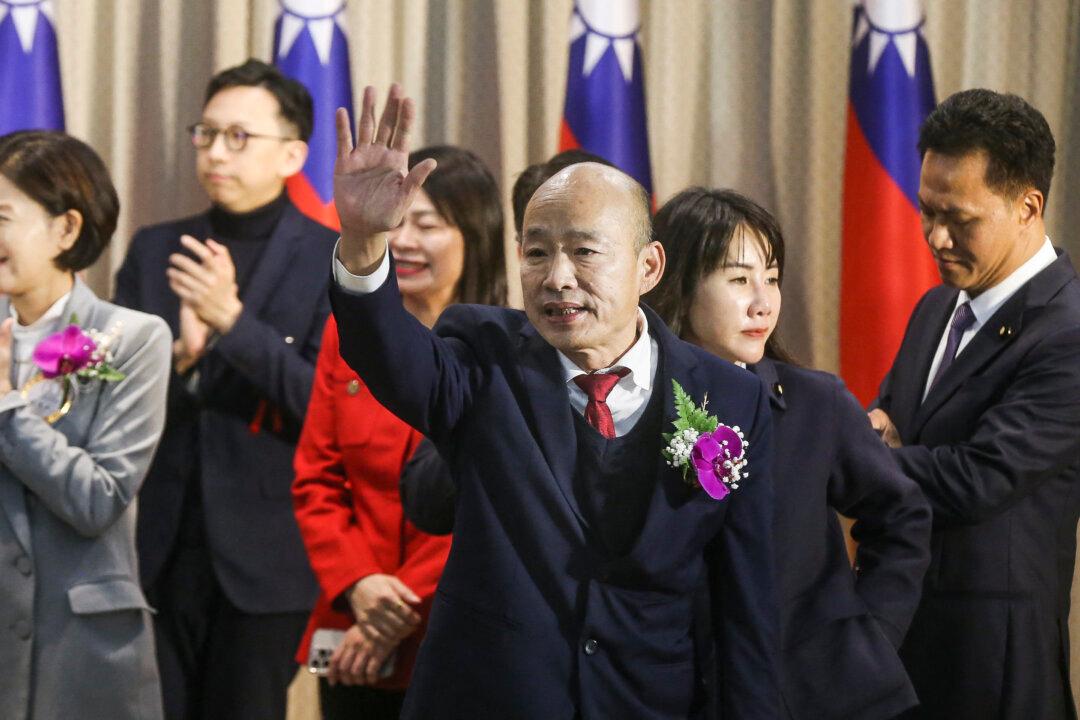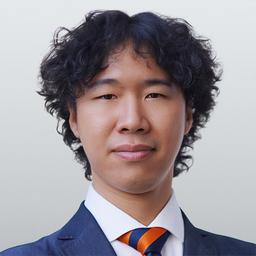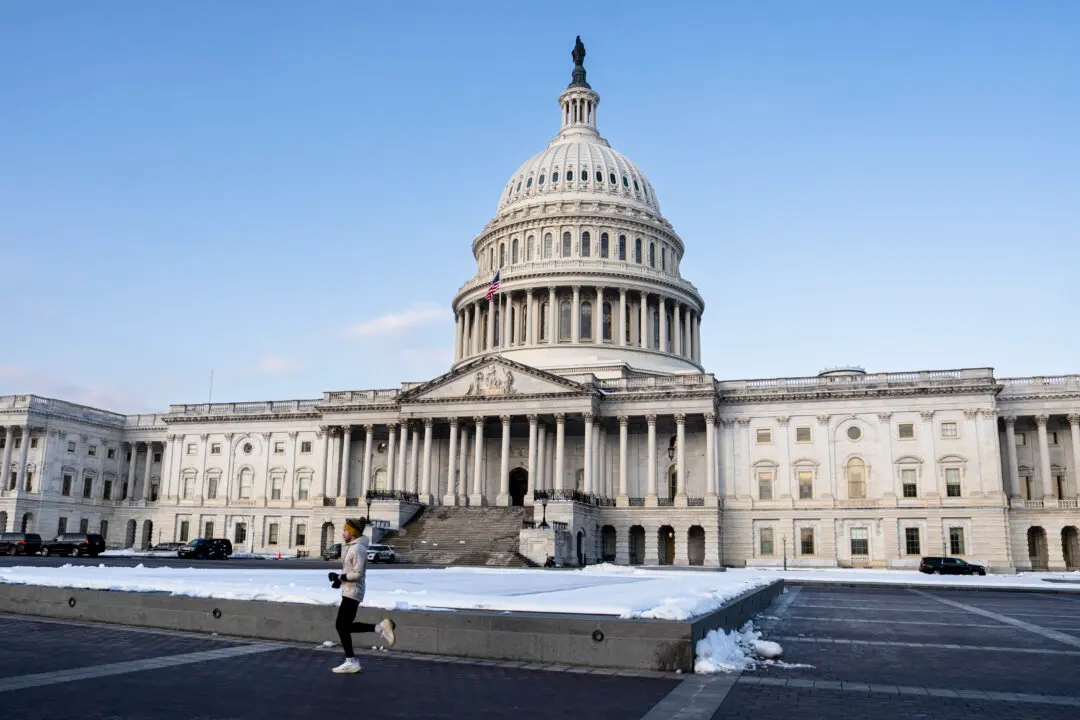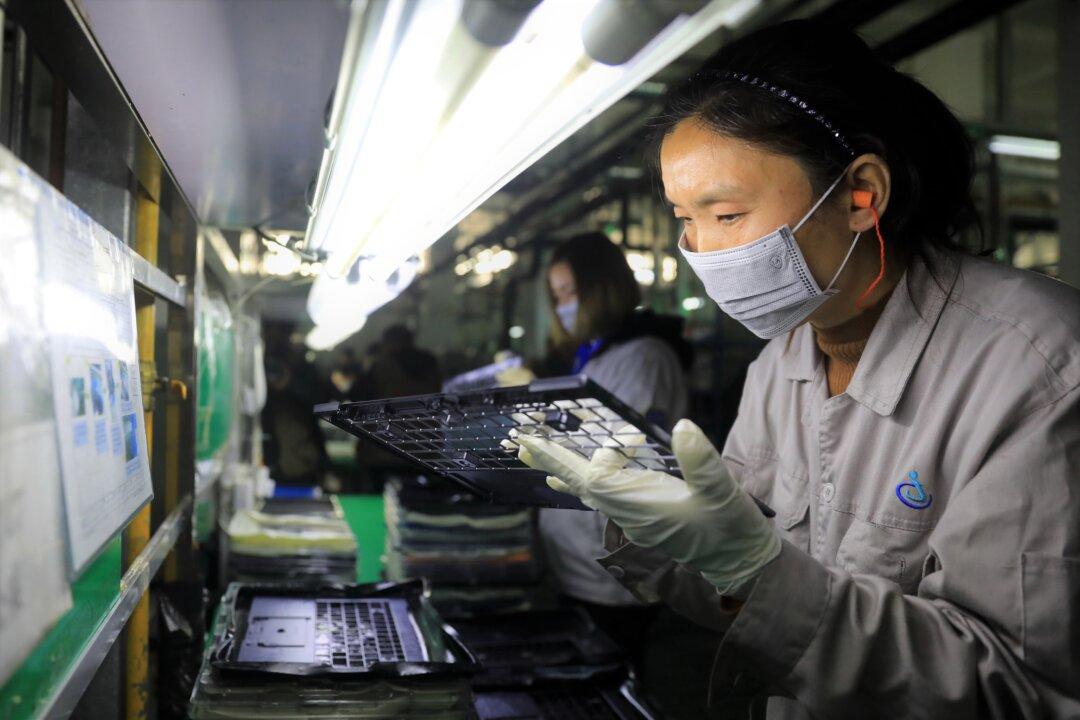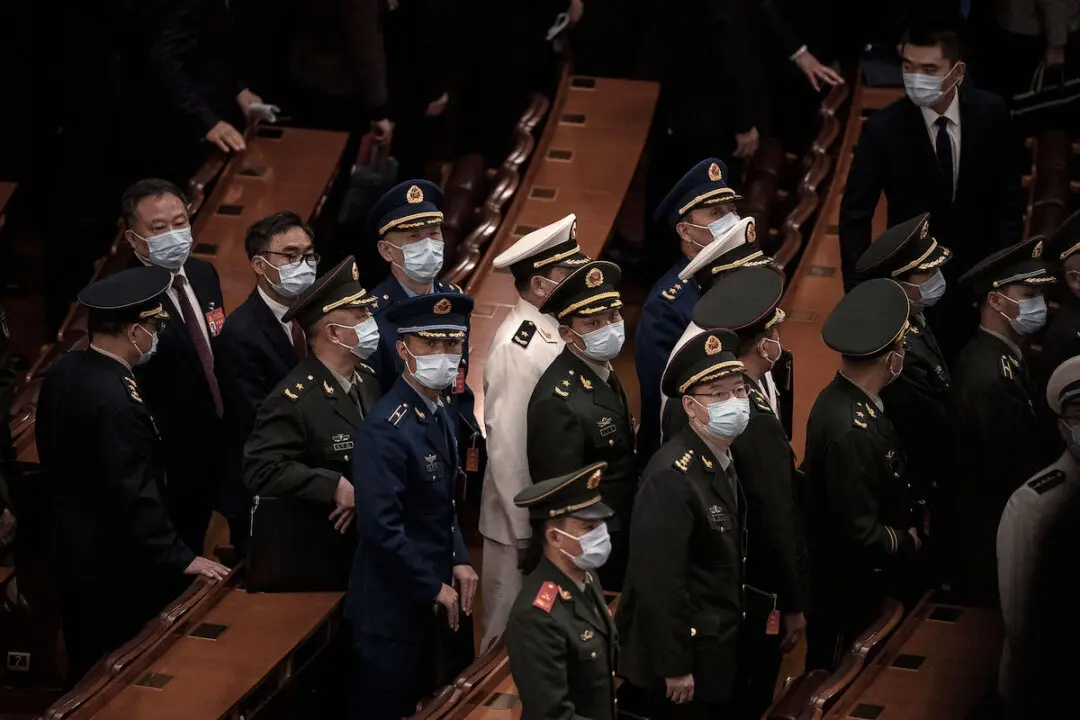On Feb. 1, 2024, Taiwan’s newly inaugurated parliament, the Legislative Yuan, elected the China-friendly Kuomintang (KMT) lawmaker Han Kuo-yu as the President of the unicameral legislative branch. However, his controversial past as a politician and his ties to China have raised widespread concern in Taiwan’s political arena.
He was elected when no candidate won an absolute majority, receiving 54 votes out of 105 present lawmakers, while 8 members of the Taiwan People’s Party abstained from the session. The opposition party KMT’s Han Kuo-yu and Johnny Chiang were elected the President and Vice-President of the Legislative Yuan, which has been controlled by the pro-independence Democratic Progressive Party (DPP) for the past eight years. Notably, the newly elected Taiwanese President is still a member of the DPP, which means that the executive and legislative branches are controlled by different parties.
